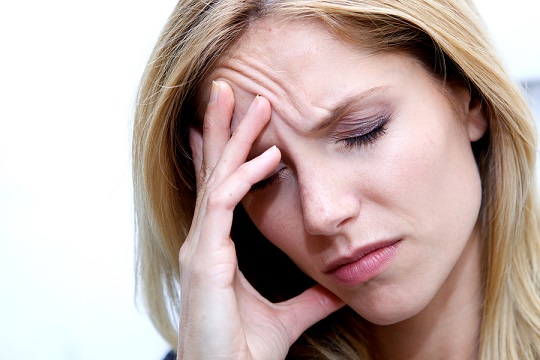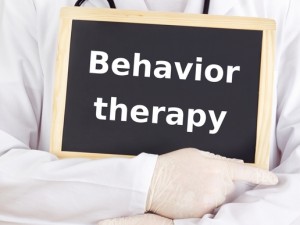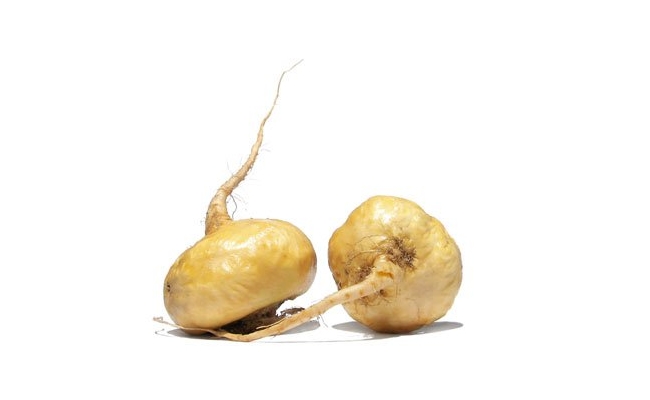The official end of the fertile period in a woman’s life is marked by a process called menopause. This process is completely natural and usually occurs when a woman is between 45 and 55 years old, although there are exceptions when women go through menopause when they’re older or younger than that age range.
Perimenopause is the process before and leading up to menopause. This time period varies; it could last for months or years, depending on the person. Different symptoms accompany perimenopause, including hot flashes, changes in mood, night sweats, vaginal dryness, thinning hair, and unexplained weight gain. But what about headaches, are they related to menopause also?
Are Headaches a Sign of Menopause?
Yes, menopause and headaches are sometimes related. Sometimes, women may not experience headaches until they reach menopause, and this may be a debilitating experience for this group of women. Menopausal headaches, however, are more common for women who usually experience headaches, especially during their menstrual periods, and/or among women who use the hormonal forms of contraceptives.

Menopause is mainly associated with three types of headaches:
- Sinus headaches: These occur when your sinuses (small air-filled sections behind your cheekbones and forehead) become inflamed, causing facial pain and congestion.
- Tension headaches: These are often associated with stress and are less severe on a pain scale, characterized by moderate pain in the back of your head and neck area and/or across your forehead.
- Migraines: These are the most intensely painful type of headache, featuring pain starting on one side of your head or behind your eyes that begins to throb and pulsate. Migraines may also feature a flashing light sensation or nausea.
Why does It Occur?
The precise reason why menopause and headaches are so closely associated is still unknown. The hormonal changes, mainly in oestrogen and progesterone levels, that occur during menopause are often flagged as the primary reason. Oestrogen causes dilation (widening) of blood vessels, while progesterone does the opposite (narrowing). When these hormone levels change, blood vessels expand and contract, and these changes in pressure may cause headaches.
How does Menopause Affect Your Headaches?
During perimenopause, for women who have already experienced hormone-related headaches, migraines might be triggered, happen more frequently, and become more severe due to fluctuating hormone levels.
For other women, migraines may weaken once they end their menstrual period due to hormone stabilization and low levels. Studies show that for approximately two-thirds of women, menopause actually brings relief to migraine headaches, making them less severe and lessening common associated symptoms like nausea and vomiting. However, tension headaches commonly worsen. If headaches continue post-menopause, a doctor may advise you to take certain medications and/or use other relief therapies.
Does Hormone Replacement Therapy Help?
Sometimes, hormone replacement therapy is used to treat both perimenopause and menopause. This may worsen headaches for some women, improve headaches for others, or cause no changes in headache intensity at all. An oestrogen skin patch that reduces a steady, slow oestrogen supply may be recommended by your doctor for hormone replacement therapy. This type is least likely to trigger headaches.
Menopause and headaches may become more closely associated due to hormone replacement therapy. If this is the case, your doctor may decide to reduce the oestrogen dose, change to another form of oestrogen, or cease therapy altogether.
Ways to Relieve Your Headaches
1. Mind Your Diet
 The foods you eat and drinks you consume can affect your headaches greatly. Note that these foods and drinks affect women in different way, so be sure to choose the diet that feels the best for you. Whenever you have a headache, practice taking note of what you ate beforehand. This may help you find eating patterns that cause headaches. Common headache triggers are: alcohol, caffeine, aged cheese, dairy products, and dairy products.
The foods you eat and drinks you consume can affect your headaches greatly. Note that these foods and drinks affect women in different way, so be sure to choose the diet that feels the best for you. Whenever you have a headache, practice taking note of what you ate beforehand. This may help you find eating patterns that cause headaches. Common headache triggers are: alcohol, caffeine, aged cheese, dairy products, and dairy products.
2.  Stay Fit
Stay Fit
Exercising regularly may help prevent headaches. Thirty minutes of exercise 3-4 times every week is optimal. Remember to move slowly toward your top activity goals! Let your body gradually get used to increased movement.
3.  Try Acupuncture
Try Acupuncture
Acupuncture is a Chinese form of alternative medicine intended to stimulate energy pathways in your body using needles. However, the effects are mixed. Some find it helpful, while other not. But it doesn't hurt to try it if other remedies are not working.
 4. Behavioral Therapy
4. Behavioral Therapy
Controlling how your body responds to muscle tension, pain, and stress (relaxation and biofeedback therapies) are commonly used to relieve headaches. Cognitive behavioral therapy also teaches stress relief techniques and ways to deal with pain and stressors.
 5. Nutritional Supplements
5. Nutritional Supplements
Some types of vitamins and supplements have shown success in relieving menopause and headaches connection. These include: vitamin B-2, magnesium, and butterbur for prevention, as well as Coenzyme Q10 and vitamin D.
 6. Herbal Remedies
6. Herbal Remedies
Non-estrogenic herbs are devoid of oestrogen and encourage a woman's hormone production by supporting endocrine and pituitary glands. They help to balance oestrogen levels, which may result in headache elimination. These herbs, Macafem for example, are often considered the safest headache treatment as they support the body to create its own hormones naturally.
